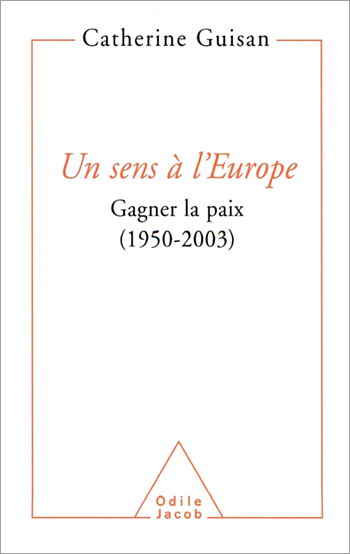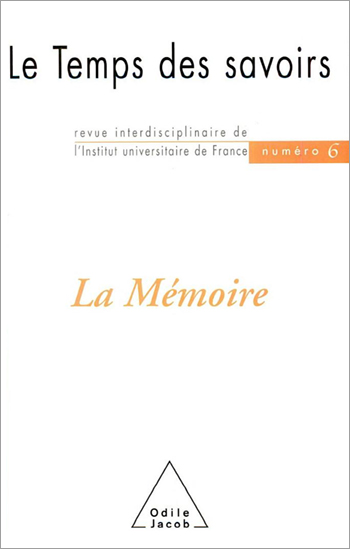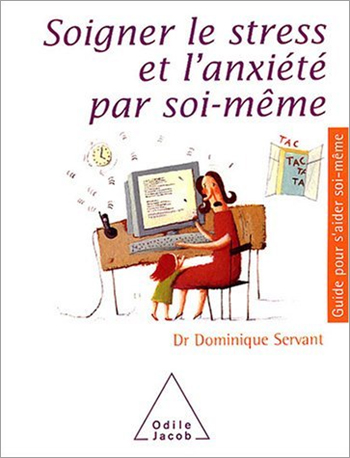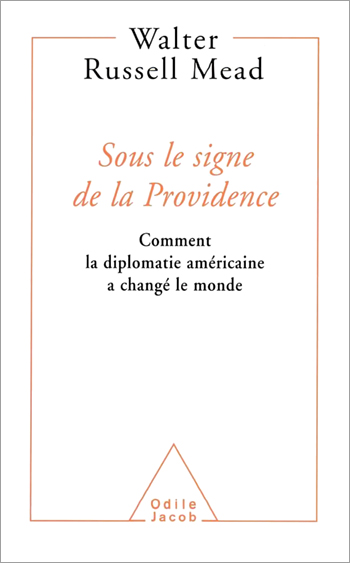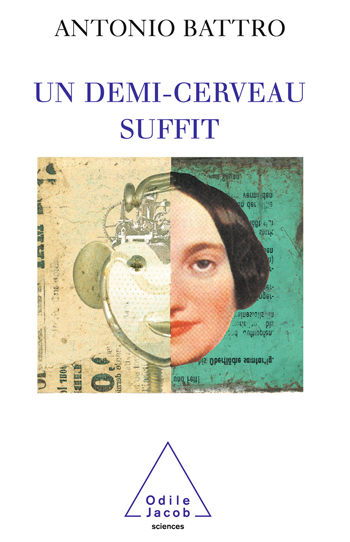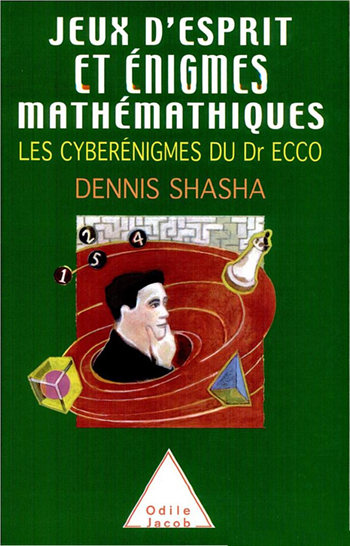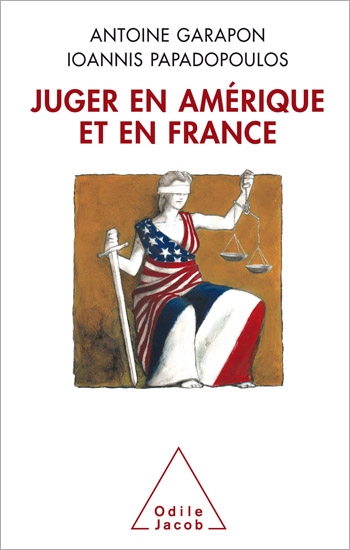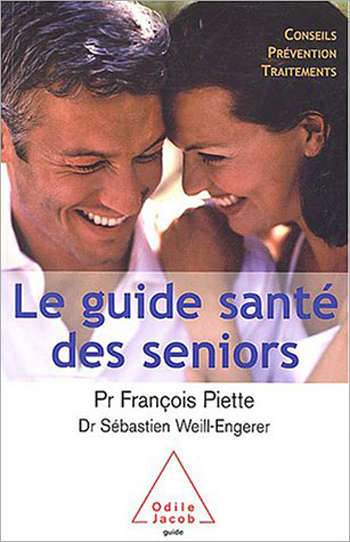Catalog All books
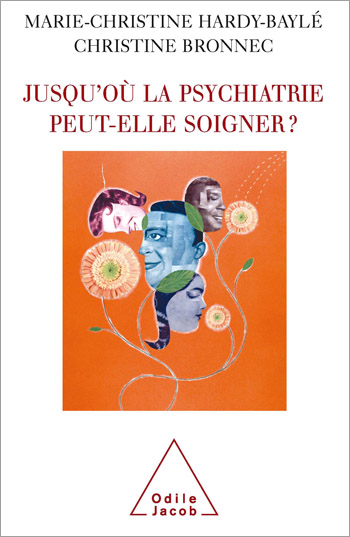
Marie-Christine Hardy-Baylé, Christine Bronnec
What are the Limits of Psychiatry ?
On the one hand, an ever increasing demand, on the other, widespread agreement that the profession in is the grip of a crisis. The result is that the supply is badly equipped to deal with the demand. What are the origins of this crisis ? Does it run as deep as the very foundations and identity of psychiatry itself ? In particular, what can be done to transform this natural diversity into a real strength ? Psychiatrist and psychoanalyst, Marie-Christine Hardy-Baylé works at the André-Mignot hospital, and is a professor of medicine at the University of Saint-Quentin-en-Yvelines. She heads the Association for the Promotion of Public Health of Yvelines Sud. A hospital director, Christine Bronnec, is in charge of the ANEAS project to evaluate psychiatric needs, and is co-president of the Association for the Promotion of Public Health of Yvelines Sud.
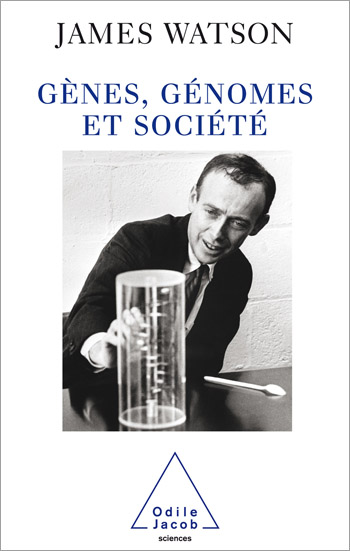
James Watson
A Passion for DNA Genes, Genomes and Society
In 1953, two young scientists, James Watson and Francis Crick, began a scientific revolution when they discovered the double helix structure of the DNA molecule, the substance that is the basis of heredity. James Watson, who won Nobel Prize in 1962 at the age of 34, has continued to play a central role in the field of genetics. Throughout his long scientific career, he has constantly sought to explain the latest developments and findings. The present volume is a collection of articles and lectures reflecting his views during the past fifty years on such subjects as GM foods, cancer, the sequencing of the human genome, and the ethical and social consequences of biology. This is a thought-provoking, often optimistic and always spirited book, reflecting the life and work of one of the great minds of the twentieth century.
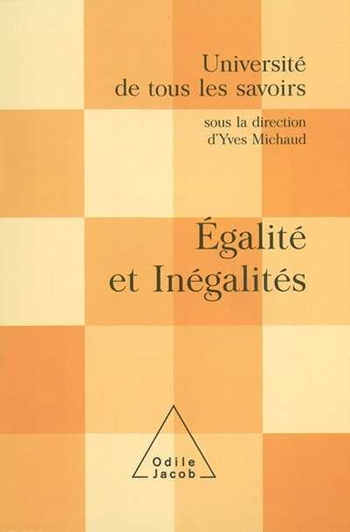
Yves Michaud
Equality and Inequalities Volume 10
This volume continues and prolongs the earlier, highly successful series "LUniversité de tous les savoirs" (365 lectures, published in six volumes by Editions Odile Jacob). Renowned specialists in their fields examine the inequalities that exist between countries as well as among individuals: unequal access to education, the technological gap, unequal treatment before the law, economic inequalities, and disparities concerning health and hygiene.
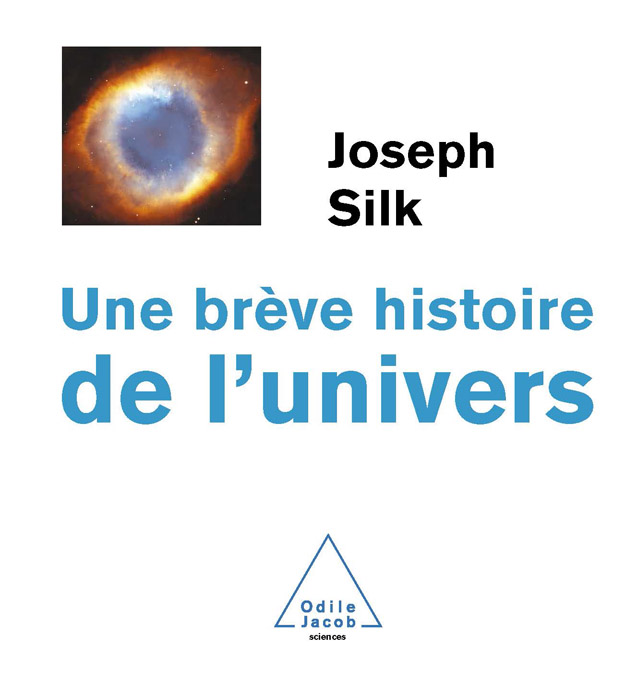
Joseph Silk
Une brève histoire de l'univers
Joseph Silk is the author of an authoritative book on the Big Bang. In the present work, he covers the history of the universe from that first great explosion and shows how the most recent discoveries in astrophysics i.e. of the cosmic fluctuations from which the great structures of the universe emerged provide the missing link between the Big Bang, which occurred 15 billion years ago, and the present state of the universe. When did time begin? This is the question, already asked by Stephen Hawking, that A Short History of the Universe sets out to answer. It is the subject of current debate among theologians: Did time begin with the Big Bang, in which case God could not have created the universe, or has time existed for all eternity, which would mean that the Big Bang was just one event among others, that God could have existed before it occurred and that He could thus have created the universe? This highly accessible book will be of interest to a wide readership, since the issues examined here concern all of us. Joseph Silk, an astrophysicist and cosmologist, teaches at Oxford University.
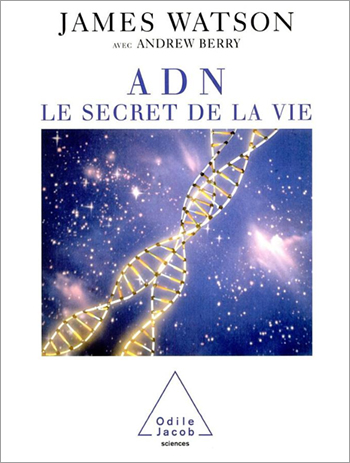
James Watson
DNA The Secret of Life
Fifty years ago, when he was only 24, James Watson contributed to cracking the genetic code and thus helped resolve one of the greatest scientific mysteries of our age. In DNA: The Secret of Life, he goes back in time and offers an overall view of the genetic revolution. He gives us the keys to understanding the molecular foundations of life and shows to what extent our knowledge of genetics affects how we regard our origins and our own identity. Drawing on his long experience at the forefront of genetic research, he examines the brave new world that lies before us all and the consequences of the genetic revolution. James D. Watson is best known as the co-discoverer, with Francis Crick and Maurice Wilkins, of the molecular structure of DNA. For this accomplishment, the three men shared the 1962 Nobel Prize for Physiology or Medicine. In 1968, he was appointed director of Cold Spring Harbor Laboratory, on Long Island, New York, and has served as its president since 1994. Andrew Berry is a junior fellow at the Museum of Comparative Zoology at Harvard University
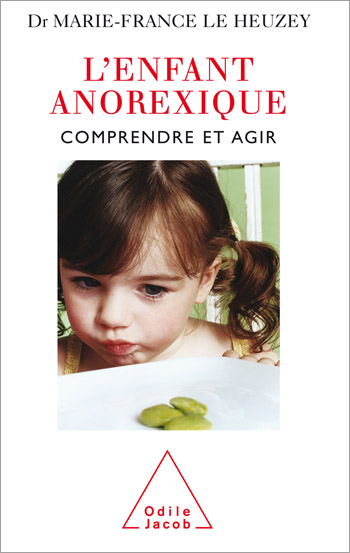
Marie-France Le Heuzey
The Anorexic Child Understanding and taking action
These days, anorexia can affect children from as young as 8 years old. It is no longer just a disease found among teenagers, and it can concern boys aswell as girls. What are the signs of this new form of mental anorexia ? Should you be concerned if you notice a change in behaviour towards food ? How can you help your child ? How can you avoid reaching this point ? A fresh look at this disease and a reflection on the place of the child in our society. Marie-France Le Heuzey is a psychiatric doctor, and coordinates the treatment of anorexic children in the department of Child and Adolescent Psychopathology at the Robert-Debré hospital in Paris.
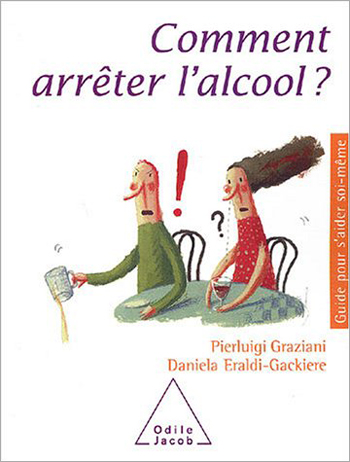
Pierluigi Graziani, Daniela Eraldi-Gackiere
How to Stop Abusing Alcohol
Not only does alcohol abuse have serious consequences for physical and psychic health, it is also destructive of personal and social relationships. But putting an end to this form of drug abuse is particularly complex, because alcohol creates a dependence that is both physical and psychological, and because it is, in many cultures, closely linked to sociability. In trying to help alcohol abusers who wish to stop drinking, one is often confronted with resistance and denial. The authors, specialists in cognitive and behavioural therapies, describe methods that have been successfully used for many years in the treatment of alcohol abuse in a hospital setting. Pierluigi Graziani is a psychologist and lecturer on clinical psychology and psychopathologies at the University of Aix-Marseille-Ain, in Aix-en-Provence. Daniela Eraldi-Gackière is a psychologist.

